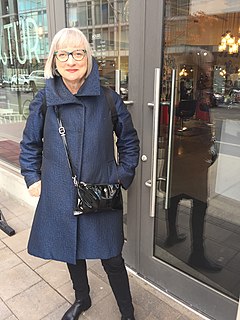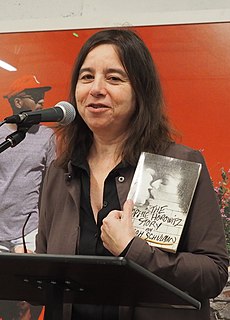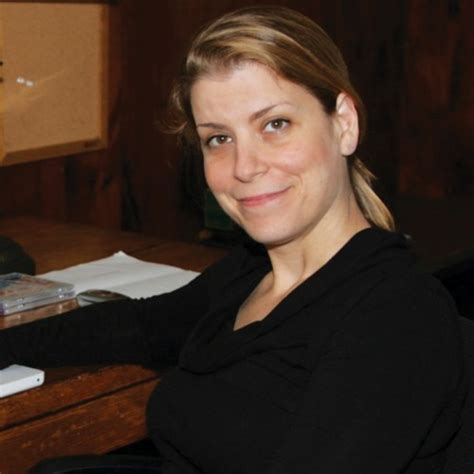A Quote by Edward Hirsch
I think in terms of educating a group of readers, MFA programs are very good. I just think the model of MFA programs in which a young poet goes through the program, publishes a series of books, gets teaching jobs, that's a bit at risk.
Related Quotes
My god, people are selling their work and people are reading it! The horror! That MFA programs have to advertise that they'll let you write YA or fantasy or what-have-you is just absurd, but we do, because the presumption is that they're closed to that sort of thing. You're offering an MFA in creative writing? Teach people how to write well, worry about that part, let the writers come up with the stories.
What an invaluable handbook! Lori A. May has done her research, knows her stuff, and, whats best, lets the programs speak for themselves through her extensive interviews. Theres a chorus of quotes from faculty, students, and graduates in The Low-Residency MFA Handbook. Anyone making the decision to apply for an MFA should consult this wise guide. Mays clarity and authority make it a gold standard.
I did go to an MFA program, at Bowling Green State University in Ohio. For me, it worked perfectly. It was a small program. They only take five fiction writers a year, and they fund all of us - you don't go into debt to get an MFA. It's not like getting an MBA - you're not going to buy yourself out.
If you're part of any kind of writerly community, some of those people will have gone through MFA programs, and their thinking leaks into yours. So whatever changes MFAs have made to the culture, it's to the culture as a whole. It can't be pinned down to individual books in a way that some people would like to do.
The effects of MFA programs, and the rise of creative writing instruction more generally, are far more diffuse than people think. Even if you're a writer who has avoided institutions your whole life, you're still going to be reading a lot of writers who have MFAs, and are affiliated with universities.


































